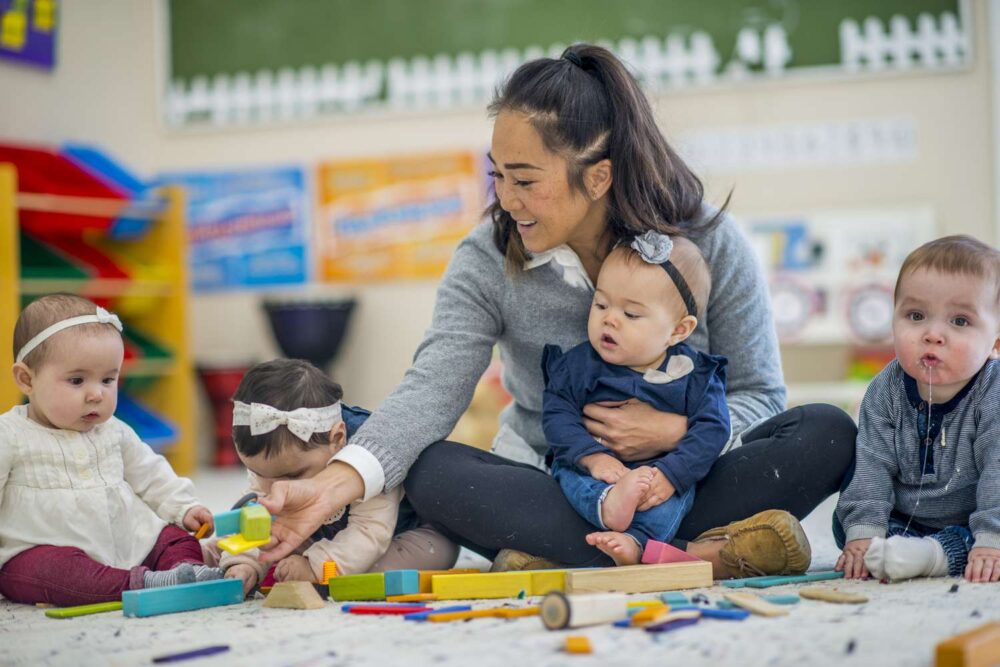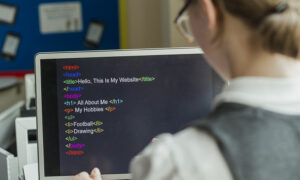It’s one of the toughest decisions all parents face – when is the best time to put your child in daycare? Is it too soon, or is it better late? Get ready to sort out all these questions as we explore what age is ideal for starting daycare. So, buckle up, and let’s get exploring!
While there is no definitive answer to what age is best for parents to put their kids in daycare, many experts believe that the age range from 6 months to around 2 or 3 years old is ideal. This time frame provides the best social and emotional environment for children as they learn interaction and communication with other kids, who can help them develop important skills like problem-solving, compromising, and finding ways to engage in creative play.
Benefits of Daycare
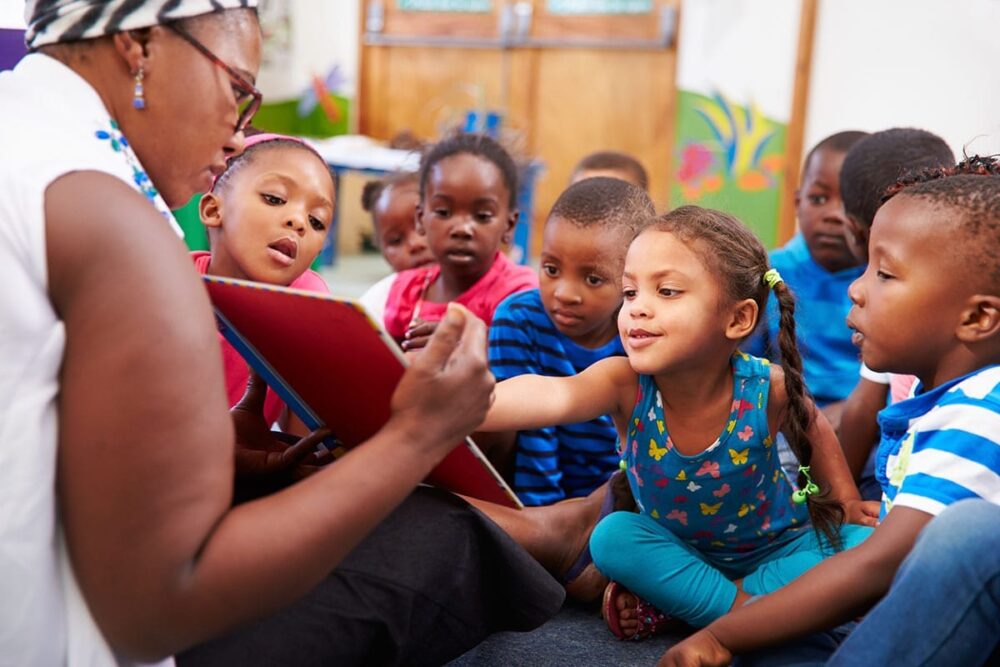
Source: myy.org
Daycare provides a safe, nurturing environment for your child to grow and develop. It is a great way to promote social interaction and healthy relationships that can shape their individual personalities and help them build lifelong friendships.
It offers a variety of activities designed to promote cognitive development, such as reading, arts and crafts, or singing. With its structured learning environment, kids can gain an appreciation for learning and socialize with others from different backgrounds than their own. It also allows them to establish routines that can give them structure as well as a sense of security.
In addition to providing fun activities, daycare can also be beneficial for parents who need additional support in caring for their young ones during the day. They may find peace of mind knowing that their child is in the care of trained professionals who are committed to making sure they are safe and attending classes where they will reach educational milestones at an appropriate pace.
Factors to Consider
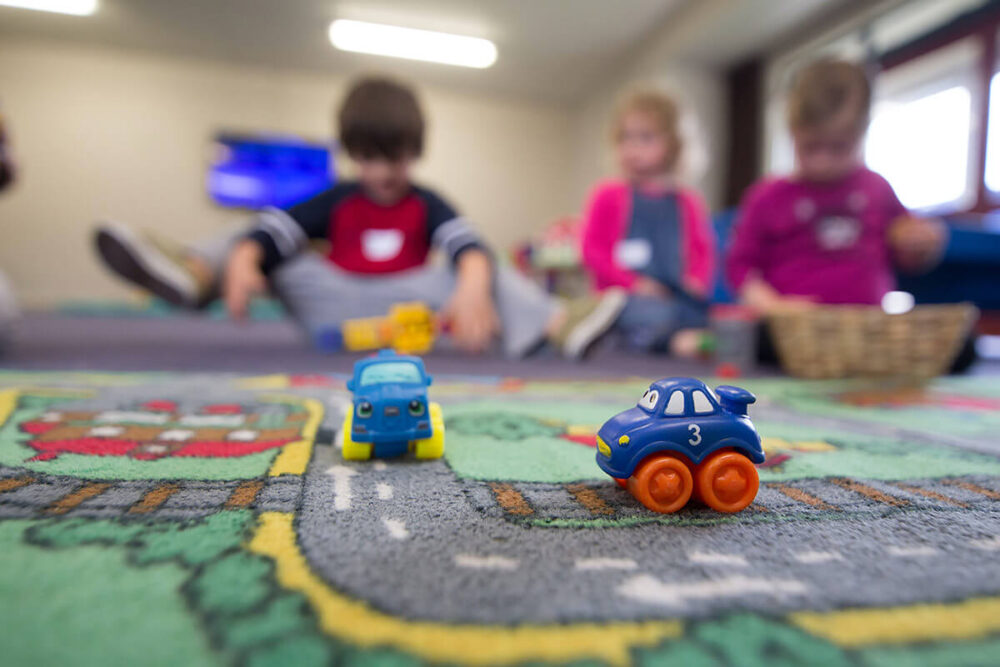
Source: mileniostadium.com
First, it’s important for parents to assess the emotional readiness of their child and decide if their young one is ready for daycare. It’s also suggested that parents consider their family situation – ensuring family or friends aren’t available who could instead provide child care. Parents should also evaluate their own comfort levels; some may find that having another caregiver provide care comes with many advantages – such as providing an opportunity for learning with other kids or experienced caregivers – but others might not be comfortable having another adult care for their young child.
Additionally, it is essential to speak with daycares, ask questions and visit facilities in order to determine if a particular facility will meet your expectations of quality care. Parents should also check the references of any program they are considering entrusting their children to; reputations can easily be checked online or through word of mouth. Finally, once all necessary facts have been considered then a decision can be made regarding when is the best age to introduce daycare into your family dynamic.
Age-Appropriate Activities
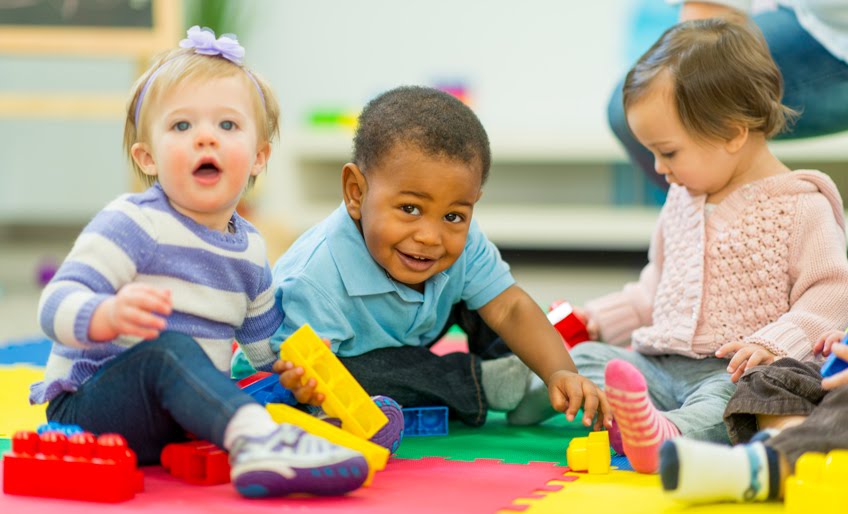
Of course, safety and cleanliness come to mind first, but another important factor is the level of developmentally appropriate activities the center has to offer. Activities that are age-appropriate not only stimulate and encourage learning but also foster self-esteem and feelings of success.
Every daycare facility should have a well-rounded activities plan tailored specifically to the ages of their children. A good indicator that a facility understands what’s best for young children is when they offer age-specific teaching methods.
For instance, infants should be exposed to sensory materials such as brightly colored objects so they can explore eye-tracking skills (at this age babies are developing the ability to move both eyes together in one direction). Also important at this stage is motor skill development; using soft play items such as cushions or beanbags can actually help them reach Gross Motor milestones such as rolling or sitting up.
As your child grows and reaches toddlerhood, daycare activities should focus on more purposeful play items that stimulate language growth and early academics (such as puzzles). Music appreciation and art exploration will become more important. At other stages, your toddler may be ready for more personalized instruction in pre-academics (shapes/colors/etc.) or emotional fortification tools like the use of feelings words/ expressions.
Throughout all stages, daycare programs should provide an environment where emotional security is paramount through the use of praise and encouragement for children’s efforts which will build an overall sense of worthiness within them throughout their development years. When evaluating a facility make sure you check what types of developmental materials they use; make a list ahead of time so you know exactly what needs verifying prior to enrollment!
How to Prepare Your Child for Daycare
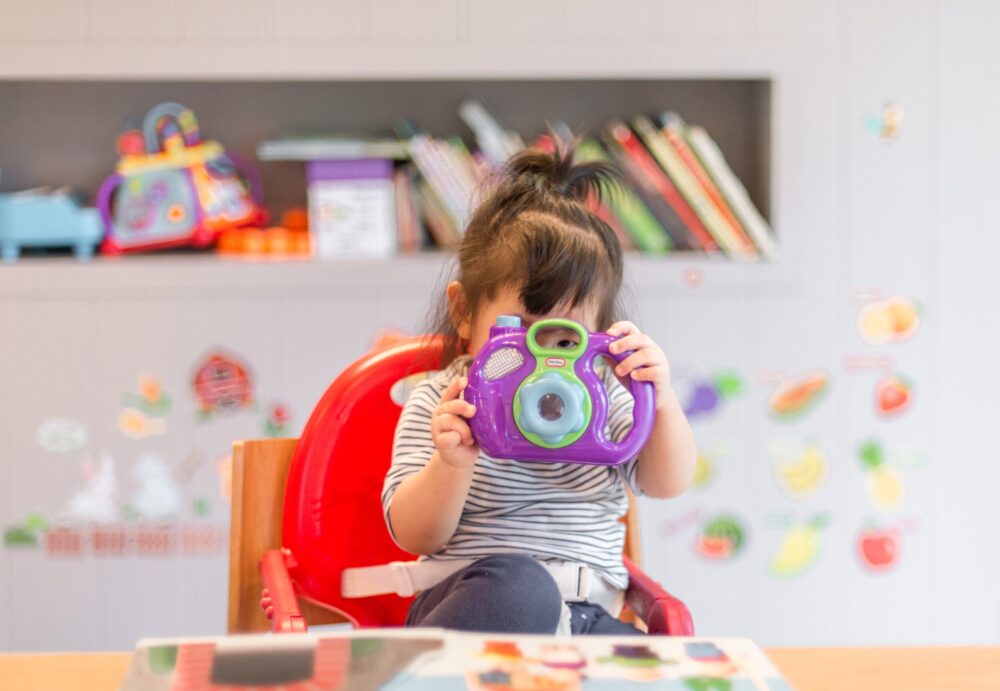
Source: elitedaycare.ca
While you may feel a mix of emotions, it is important to do your research and prepare your child for the experience before their first day. Here are some strategies that can help parents and children make the transition to daycare smoother:
- Ease into childcare gradually: If possible, plan a settling-in visit a few weeks before your child’s official start date. This practice allows you to tour the facility and introduce your child to the teachers, peers, space, and toys. It also gives your child an opportunity to become familiar with the environment, building their comfort level in stages instead of diving right in on their first day.
- Talk about their new routine: Address any questions or concerns they may have by talking openly and honestly about what they can expect at daycare such as meeting new people, rules they need to follow, or different activities they will take part in. Investing time in these conversations can help allay fears and provide peace of mind before taking this big step.
- Create a supportive atmosphere: Preparing for small changes ahead of time can make all the difference during this transition phase. Encourage friends who come over by pointing out similarities between them and the peer group at daycare; pack sensible lunches anticipating favorite foods; stock up on comfortable clothing expressly tailored for this purpose; Lastly, let them know how proud you are that they’re growing up!
Conclusion
Ultimately, the best age to place a child in daycare is a personal decision determined by parental preference and individual circumstances. Every child has different needs, so parents should evaluate the available childcare options to determine the best fit for their family.
It is important to remember that the right choice may not always be easy, as it takes considerable effort and research to identify an experienced provider that can cater to their child’s individual needs. Ultimately, selecting childcare should be done thoughtfully and carefully as it will help set up your children for future success in school, work, and relationships.


